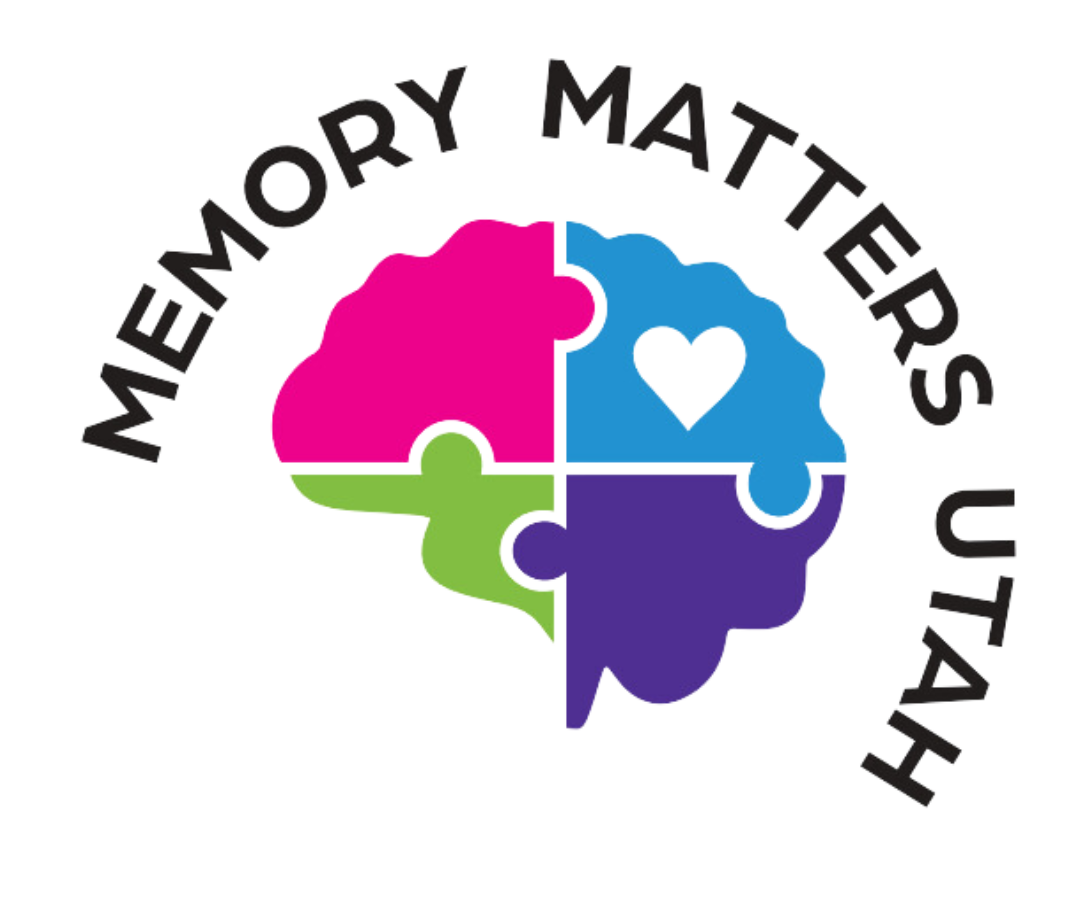When choosing a new home for a person with dementia, it is important to keep in mind some basic guidelines.
While the decision to seek residential care may be difficult, the following tips are meant to help you stay focused on the task at hand.
Tips on How to Find Dementia Care Housing
- Be clear about the particular special care needs of the person with dementia before beginning the process of selecting a residential setting. Keep those needs in mind as you review the literature for each facility and when you tour a facility. It’s best to write them down and take them with you. Also, think about the special needs and preferences of your family. For example, do you need a residence that can provide kosher food? Is the facility located in an area that is accessible to family members who would like to visit your loved one on a regular basis?
- Know your budget. It’s easy to lose sight of what you can and can’t afford when dealing with an emotionally charged issue. This is especially important when choosing an assisted living facility for which there are few or no outside sources of funding and private funds must cover the entire cost of care. In addition, residential care for people with dementia is more expensive than comparable care for those without this disease.
- Take as much time as you can to learn about the different facilities. Alzheimer’s experts believe that it is best to visit between three and five places before deciding on one. You may want to have a friend or another family member go with you when you make these visits. It can be helpful to have both the company and the observations of a person who is less emotionally involved with the process. The more you are able to see, the more comfortable you will be with your final choice.
- Check whether the environment of the facility is specially designed to accommodate dementia behavior. A calm and pleasant setting contributes to the overall treatment for people with dementia. Many of the newer assisted living facilities have a “home-like” atmosphere with communal kitchens staffed and supervised 24 hours a day. These facilities often have communal lounges furnished like living rooms to encourage socialization among residents, staff, and visitors. The physical setting should provide cues for the residents that promote independence such as a color-coded path for finding the way back to a common area should a resident become confused. Some facilities hang a collage-type box containing personal mementos and photos on room doors to help residents recognize their rooms. Ask what safety systems are used to deal with wandering. For example, are the elevators and doors alarmed? Do the residents wear wrist or ankle bracelets that set off alarms if they accidentally leave the dementia unit?
Visiting Assisted Living Facilities or Nursing Homes
- Don’t base your decision solely on what you see and hear on tours. While many dementia facilities are brand new and pleasing to the eye, remember that you must see past the external environment to truly evaluate the care! Try to spend at least two hours on the floor on which the person will live. Visit more than once if you think that you need more time to make a decision. Drop by unannounced at different times of the day to observe the behavior and attitude of the staff toward the residents and the flow of activities. Visit in the evening and on the weekend to speak to the families of the residents and to observe the staffing patterns of the facility. Does the staffing appear to be adequate to meet the needs of the residents regardless of the time and day of your visit? You should make the following kinds of observations during your visits to help you determine if the facility is right for your family and your loved one. Are the residents active and engaged in activities? Are they neatly dressed and groomed? Are the residents wearing appropriate clothing for the time of the day? For example, you should not see people dressed in pajamas at 3 o’clock in the afternoon. Are residents who need help with eating adequately tended to? Try to observe the interaction of the staff with the residents during mealtimes. Are residents treated with respect? Do residents look well cared for?
- View the facility from the perspective of the residents and the staff. Would you want to live there? Would you want to work there? If your answers are negative, there is likely to be high staff turnover and as a result, greater resident disorientation.
- Pay attention to the physical layout of the facility and the health status of residents. Is the entire facility devoted to those with dementia or is there a separate wing dedicated to dementia care? Ask what types of dementia patients (for example, early stage or middle stage) are best suited for the facility. Also, ask how the facility deals with the progression of the disease. This is a particularly important question for assisted living facilities because residents who develop late stage dementia may require transfer to a skilled nursing facility (nursing home). Some facilities allow the families of the residents to employ outside help, such as round-the-clock companions or private duty nurses, in order to avoid transfer to a nursing home. Again, the state regulations that define the kinds of care that can take place in an assisted living facility also define when a person with dementia has to be transferred to a nursing home.
- Most assisted living facilities evaluate the need for transfer on an individual basis. Ask who makes the decision about transfer and how the facility decides when skilled nursing home care is necessary. Ask how and when families are involved in this decision. Become familiar with the facility’s policies regarding transfers to nursing homes as well as transfers to and from hospitals. If the resident requires hospitalization, how long will the facility save his/her place in the residence and is there an additional cost for this service?
- Ask about the credentials and training of staff at an assisted living community or nursing home. Have all staff members received specialized training in the care of those with Alzheimer’s disease and dementia? Keep in mind that there usually are state regulations mandating that all staff members have a minimum number of hours of dementia care training. Ask how the staff handles disruptive resident behavior such as “sundowner’s syndrome” (the increase in acting out and confusion that people with dementia often experience during the evening hours), night wandering or emotional outbursts. Ideally, these behaviors should be managed without the use of physical or chemical restraints. Also, ask what kind of on-going education and support is available to the staff. All employees who come into contact with residents should have both training and support to help to minimize the likelihood of staff burnout, including the facility’s housekeeping and cafeteria personnel.
- Ask what makes the Alzheimer’s care at the facility special. Read the “Mission Statement” to learn about the facility’s philosophy of Alzheimer’s care. Does it sound like it fits the needs of your family member as well as the rest of your family?
- Find out about the facility’s licensure and certification. Does it have appropriate state licensure? Medicare certification? Medicaid certification? (Keep in mind that, even if a facility has all of the appropriate licensing and certifications, those documents do not guarantee quality care.)
- Ask to see a copy of the most recent care audit report. All facilities are surveyed once a year by the state’s licensing and/or regulatory agencies. Read these reports carefully! In addition to profiling the facility’s problems, the audit also lets you know which problems have been corrected as well as those areas that have improved from year to year.
- Find out what support services and educational programs are available to family members. For example, is there an ongoing support group for family members? Is there a Family Council? Ask when meetings are held. Ask how the families are kept informed and involved with the resident’s care. Are phone calls encouraged if family members have questions or concerns about their relative? Learn when care plan meetings are held and plan to attend. The input of family members can help staff to better understand the personal history of the person with dementia who may no longer be able to provide this information. Knowledge of a resident’s life prior to the dementia can help the staff to better understand the person’s behavior since it may relate to an earlier life experience. It also helps staff to view the resident as more than just a person with dementia. In addition, family members can find out how they can contribute toward their loved one’s overall care.

